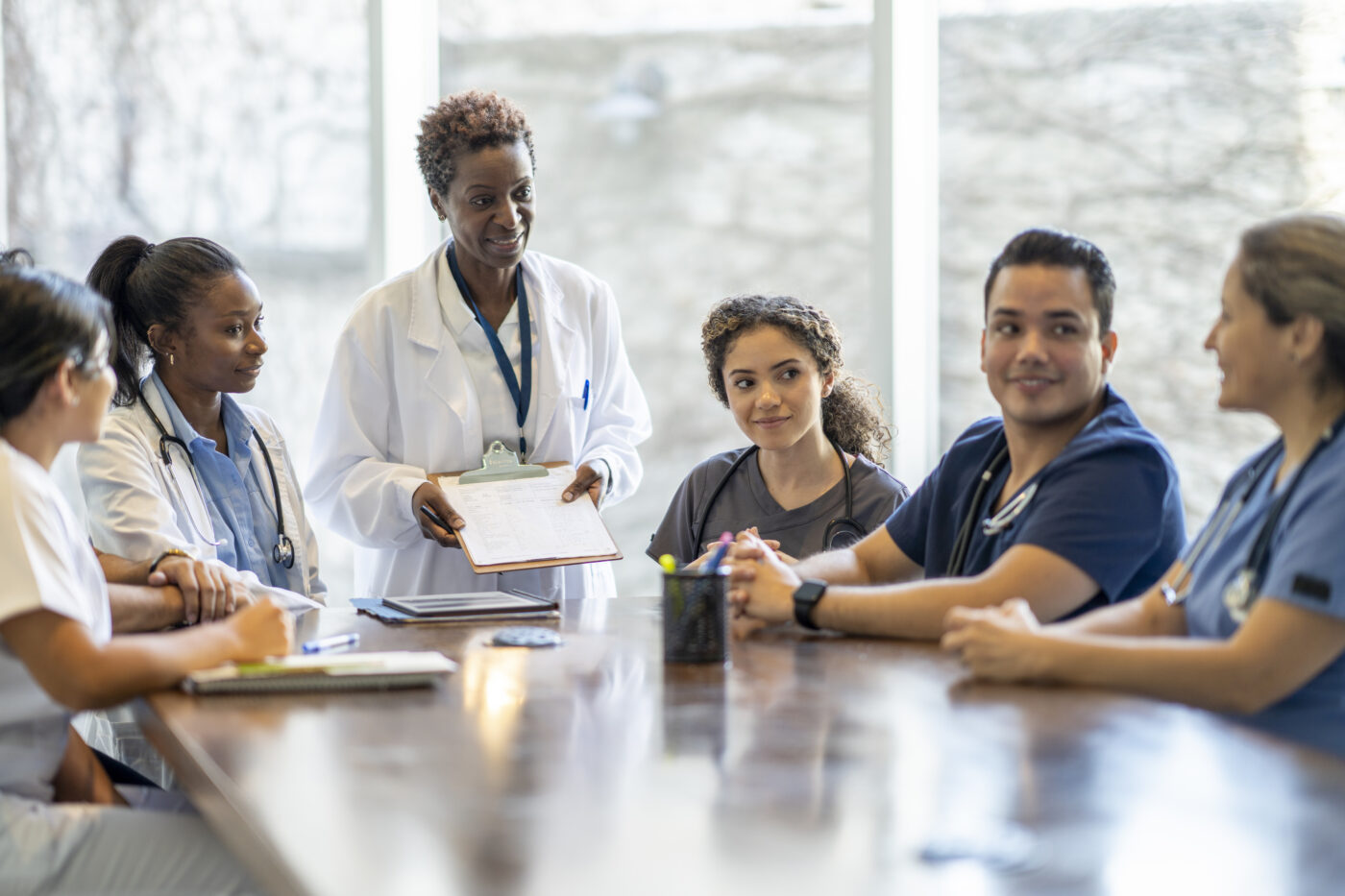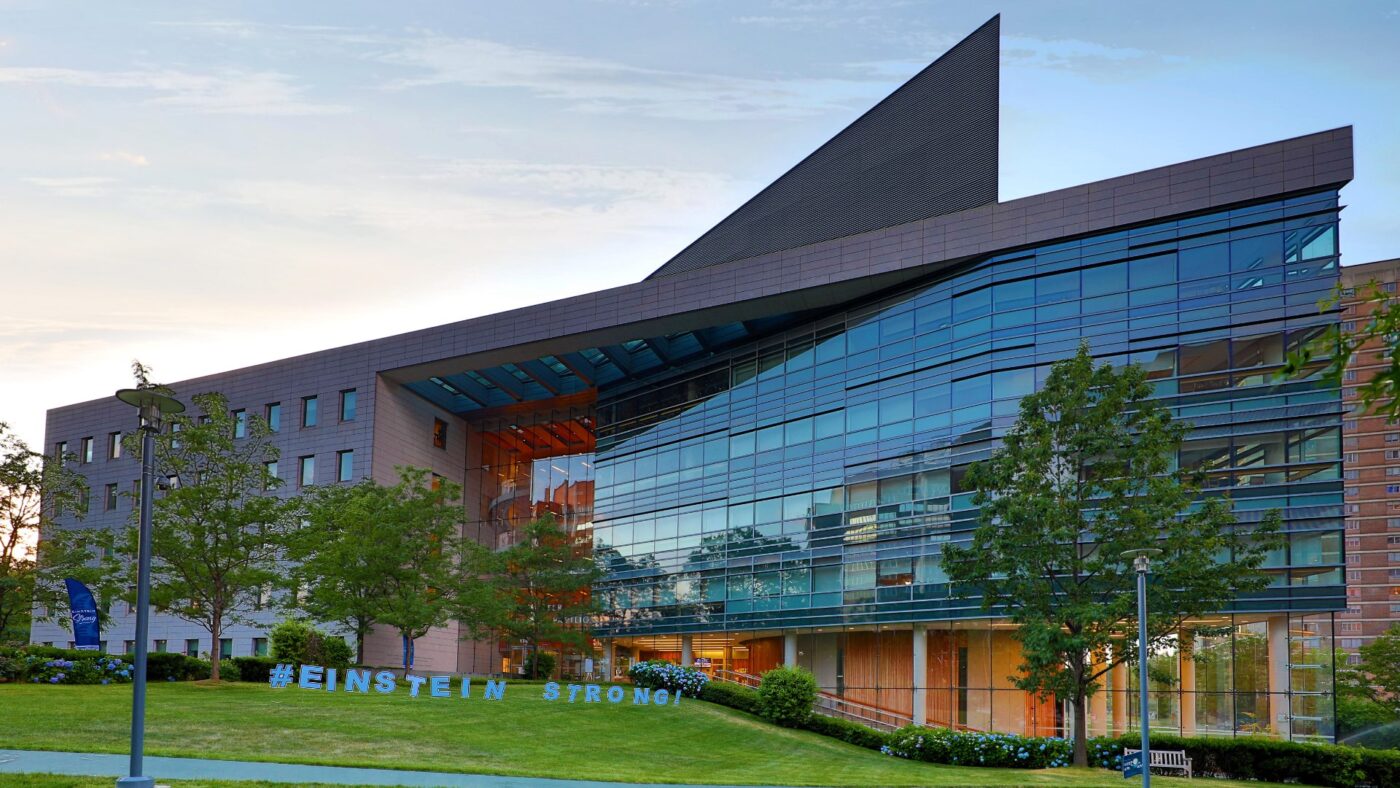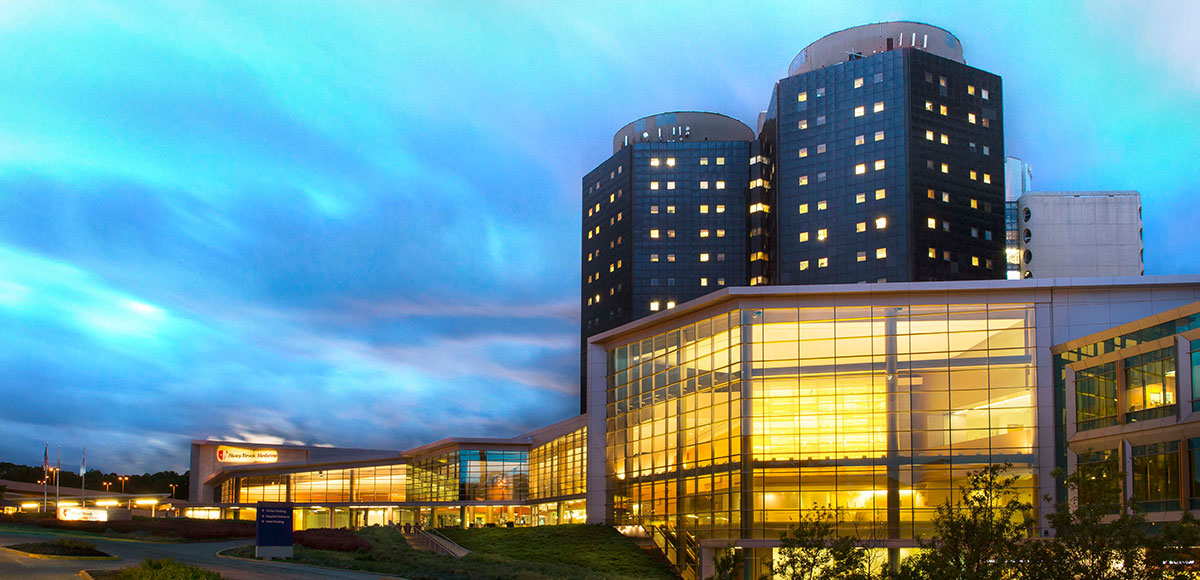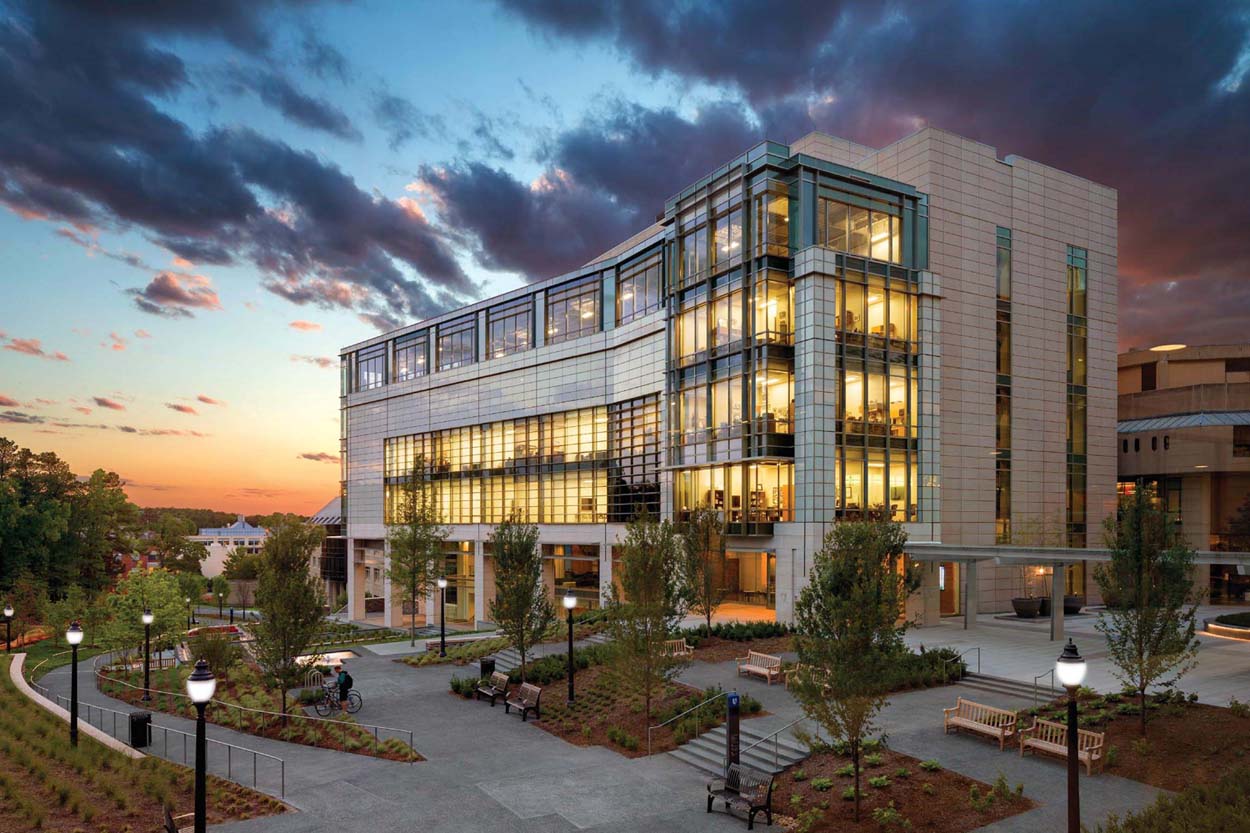Originally established as the Mount Sinai School of Medicine, Icahn School of Medicine at Mount Sinai (ISMMS) ranks among the top 20 medical schools in research and was the first to create a Department of Geriatrics in the US.
Icahn School of Medicine is a private medical school located in New York. The college serves as a teaching arm in the Mount Sinai Health system, which includes the Mount Sinai Hospital and Mount Sinai Medical Center.
Currently, Mount Sinai School of Medicine is home to approximately 1,200 current students and many notable faculty members such as Benjamin Chen, MD, PhD, and Andrew Stewart, MD. The Mount Sinai Hospital also has many residents, fellows, and postdoctoral fellows who previously received their medical education at Icahn School of Medicine at Mount Sinai.
Be An Informed Applicant
Like all medical schools across the country, medical schools in New York have school-specific requirements and guidelines. Understanding the university’s identity, selection criteria, and programs will help you focus on your application and put your best foot forward.
This article covers:
- Icahn School of Medicine at Mount Sinai Rankings
- Medical Programs at Mount Sinai School of Medicine
- Selection Factors: What ISMMS Looks for in an Applicant
- Academic Requirements for Mount Sinai School of Medicine
- Icahn School of Medicine at Mount Sinai Acceptance Rate, Class Profile, and More
- Icahn School of Medicine at Mount Sinai Tuition and Cost of Attendance
- AMCAS Application and ISMMS Secondary Application
- Mount Sinai School of Medicine Secondary Application: Essay Prompts, Sample Answers, and Advice
- Medical School Admissions Consulting
- Voluntary Healthcare Internships Abroad
Personalized Help
Many students find themselves overwhelmed by medical school applications. Each school you apply to has its own unique admissions process. To best help you get into your dream medical school, consider working with an admissions consultant.
A medical school admissions consultant will help and guide you through every stage of the application process while offering personalized feedback and support to help you succeed. International Medical Aid can help you curate a competitive application, highlighting your strengths and tailoring your message to each school.
If you are like many pre-medical students, you will benefit greatly from our personalized medical school admissions consulting.
Why Icahn School of Medicine at Mount Sinai?
The Icahn School of Medicine at Mount Sinai is one of the top research-based medical schools in the United States. The university’s vision is to advance the art and science of medical care as we know it. They plan to accomplish this vision by nurturing scholarly inquiry, collaborative learning, and social concern.
The school’s mission statement is, “Our mission is to produce physicians and scientists who are prepared to enter society as informed advocates and activists, able to advance clinical care and science, and capable of promoting change. We strive to develop new approaches to teaching, translate scientific discoveries into improvements in patient care, and identify new ways to enhance the health and educational opportunities of the communities we serve.”
The mission statement of Mount Sinai School of Medicine is reflected through the unique research-based medical education that students receive while attending. In addition to this, the college seeks to expand and nurture diversity in all aspects of the healthcare system, including their own Mount Sinai Medical Center and other associated facilities.
Icahn School of Medicine at Mount Sinai Rankings
- #11 in Best Medical Schools: Research
- #71 in Best Medical Schools: Primary Care
- #58 in Most Diverse Medical Schools
- #120 in Most Graduates Practicing in Medically Underserved Areas
- #144 in Most Graduates Practicing in Primary Care Fields
- #125 in Most Graduates Practicing in Rural Areas
Medical Programs at Mount Sinai School of Medicine
Before applying, it is crucial to research the different programs offered by Icahn School of Medicine at Mount Sinai. This research will aid in your decision of which medical school is a good fit for you and help you focus your application.
Students of Mount Sinai School of Medicine have access to a number of great programs and can go on to work at Mount Sinai Hospital in one of these many fields: Mount Sinai Radiology, Mount Sinai Psychiatry, and Mount Sinai Cardiology.
In this article, we will be discussing the MD program offered by Mount Sinai School of Medicine and the college’s other programs including dual degrees.
MD Program
The Icahn School of Medicine at Mount Sinai’s MD program is a standard 4-year medical program that brings together scientific-based learning and state-of-the-art technology. Icahn School of Medicine at Mount Sinai bridges the gap between clinical and pre-clinical education by acclimating students to clinical settings from the start of their education.
Dual Degrees and Other Programs
MD/PhD Program – This program offered by ISMMS is best for students who desire to become physician-scientists. The integrated curriculum of this program combines tutorials, lectures, and graduate-level journal clubs.
MD/MPH Program – Mount Sinai School of Medicine’s MD/MPH program allows students to obtain their MD while also earning a Master of Public Health degree. Students will be equipped with knowledge in varying subjects such as epidemiology and global health.
MD/MSCR Program – This degree program is part of the PORTAL program. Med students work with a mentor and learn what it takes to begin their career in translational research.
Selection Factors: What Icahn School of Medicine Looks for in an Applicant
Curious about what Mount Sinai School of Medicine is looking for in an applicant—GPA, MCAT scores, and internships?
Most medical colleges take a holistic approach when reviewing incoming admissions applications. What does this mean? This means an evaluation of a student’s entire application and attempting to get the big picture idea of who the applicant is both as a candidate and a person. The AAMC Core Competencies for Entering Medical Students serves as a guide during the application and review process.
To improve your chances of getting accepted into the Icahn School of Medicine at Mount Sinai, be sure to focus on the above criteria in your application. Don’t be afraid to reach out for help or seek personalized help resources.
Application Requirements for Mount Sinai School of Medicine
Mount Sinai School of Medicine has specific academic and application criteria that applicants must meet to be considered for the program and receive a secondary application.
GPA and MCAT Requirements for Icahn School of Medicine at Mount Sinai
Icahn School of Medicine at Mount Sinai does not list the minimum MCAT or GPA scores required to apply. However, the college receives a large number of applications each school year and you want to ensure your scores are as competitive as possible. To have competitive MCAT and GPA scores, your scores should fall around the average scores of the previous year’s matriculants.
The most recent entering class at Mount Sinai School of Medicine had an average cumulative GPA score of 3.87 and an average MCAT score of 519.
Please note that most medical schools do not accept MCAT scores older than 3 years. If your most recent MCAT score is over 3 years old or you have yet to take the MCAT, we highly recommend registering for an upcoming test date. If you haven’t taken the MCAT yet, you should note that in your AMCAS application as colleges will not review your application until your scores have been received.
Icahn School of Medicine at Mount Sinai Letters of Recommendation
Students who are applying for a medical program at Mount Sinai School of Medicine are required to submit at least letters of recommendation through their AMCAS account.
These letters should be written by people (ideally faculty members or a pre-professional committee) who can attest to the applicant’s passion for the medical field and intellectual abilities.
Required Coursework for Icahn School of Medicine at Mount Sinai
The following required premedical coursework must be completed at an accredited institution (in the United States or Canada). It is important to remember a strong application will take precedence over an early application, so while you do not need to have your degree prior to applying, it is recommended.
Here is a comprehensive list of all the prerequisites ISMMS requires to be considered for the med program.
General Chemistry – 1 Academic Year
Biology – 1 Academic Year
Organic Chemistry – 1 Academic Year or 1 Semester in Biochemistry and Organic Chemistry
Physics – 1 Semester With Labs
Math – 1 Semester of Statistics
English – 1 Academic Year
Applicants are excepted to have completed the required prerequisites within 5 years of applying.
Does the Icahn School of Medicine at Mount Sinai Require the CASPer test?
The CASPer Exam is an online test that assesses a candidate’s non-cognitive skills and interpersonal skills. This test is designed to complement traditional college admission methods by judging applicants’ personal and professional competencies.
As of 2023, the CASPer exam is not required as part of the admissions process for Mount Sinai School of Medicine.
Mount Sinai School of Medicine Acceptance Rate and Admission Statistics
Icahn School of Medicine at Mount Sinai has an overall acceptance rate of 1.9%. This acceptance rate is lower than the national average acceptance rate for med schools and means applicants must ensure they present a competitive and compelling application.
Let’s take a look at some of the stats for the most recent entering class.
- 10,324 Applications Received
- 1,109 Interviews Granted
- 3.87 Average Cumulative Gpa
- 519 Average MCAT Score
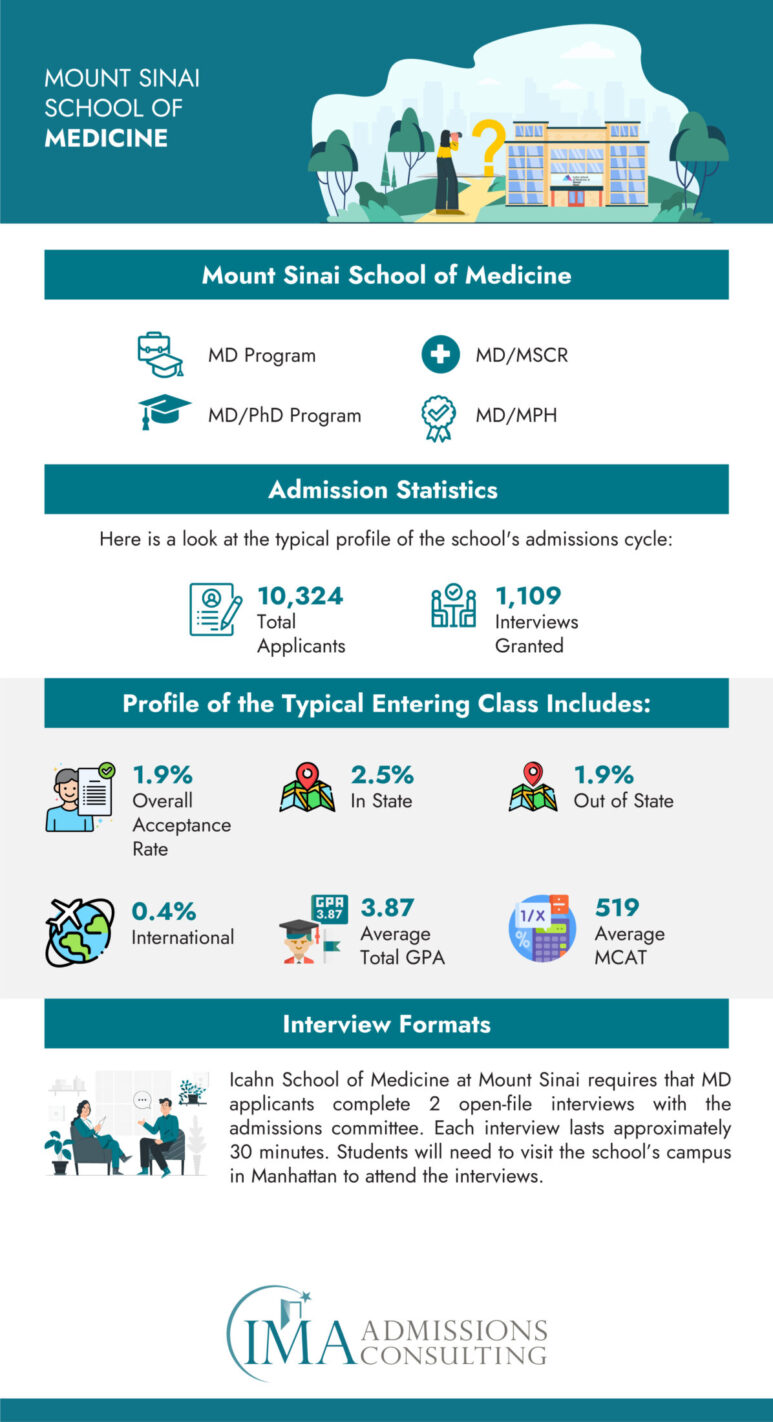
Icahn School of Medicine at Mount Sinai Tuition and Cost of Attendance
Aside from the standard educational expenses that come along with attending medical school, applicants and students of ISMMS should budget for living expenses and transportation costs.
The Mount Sinai School of Medicine website provides a helpful guide for the estimated yearly cost of attendance.
Year 1:
- $63,365 Tuition and Fees
- $21,325 for Living Expenses and Supplies
- $84,690 Total Cost
Year 2:
- $63,365 Tuition and Fees
- $23,270 for Living Expenses and Supplies
- $86,635 Total Cost
Year 3:
- $63,245 Tuition and Fees
- $29,632 for Living Expenses and Supplies
- $92,877 Total Cost
Year 4:
- $63,245 Tuition and Fees
- $24,114 for Living Expenses and Supplies
- $87,359 Total Cost
AMCAS Primary Application and ISMMS Secondary Application
The AMCAS primary application is utilized by most medical schools. Your AMCAS, or primary application, is sent to every medical school you apply to. As is standard with most med schools, a review of your AMCAS application takes around 4 to 6 weeks.
After receiving and reviewing your AMCAS application, you will receive an invitation to complete Icahn School of Medicine’s secondary application if you are a good fit for the college. Each secondary application is unique to the school you are applying to; therefore, many of the questions asked are unique to the college, and the values the college feels are most important.
Please note that you will not be invited to complete Icahn School of Medicine at Mount Sinai’s secondary application if you do not meet the admission requirements previously outlined. If you need a refresher about the required coursework, go back to the required coursework section of this article.
If you feel you need more clarification, check out our article about understanding the difference between primary and secondary applications.
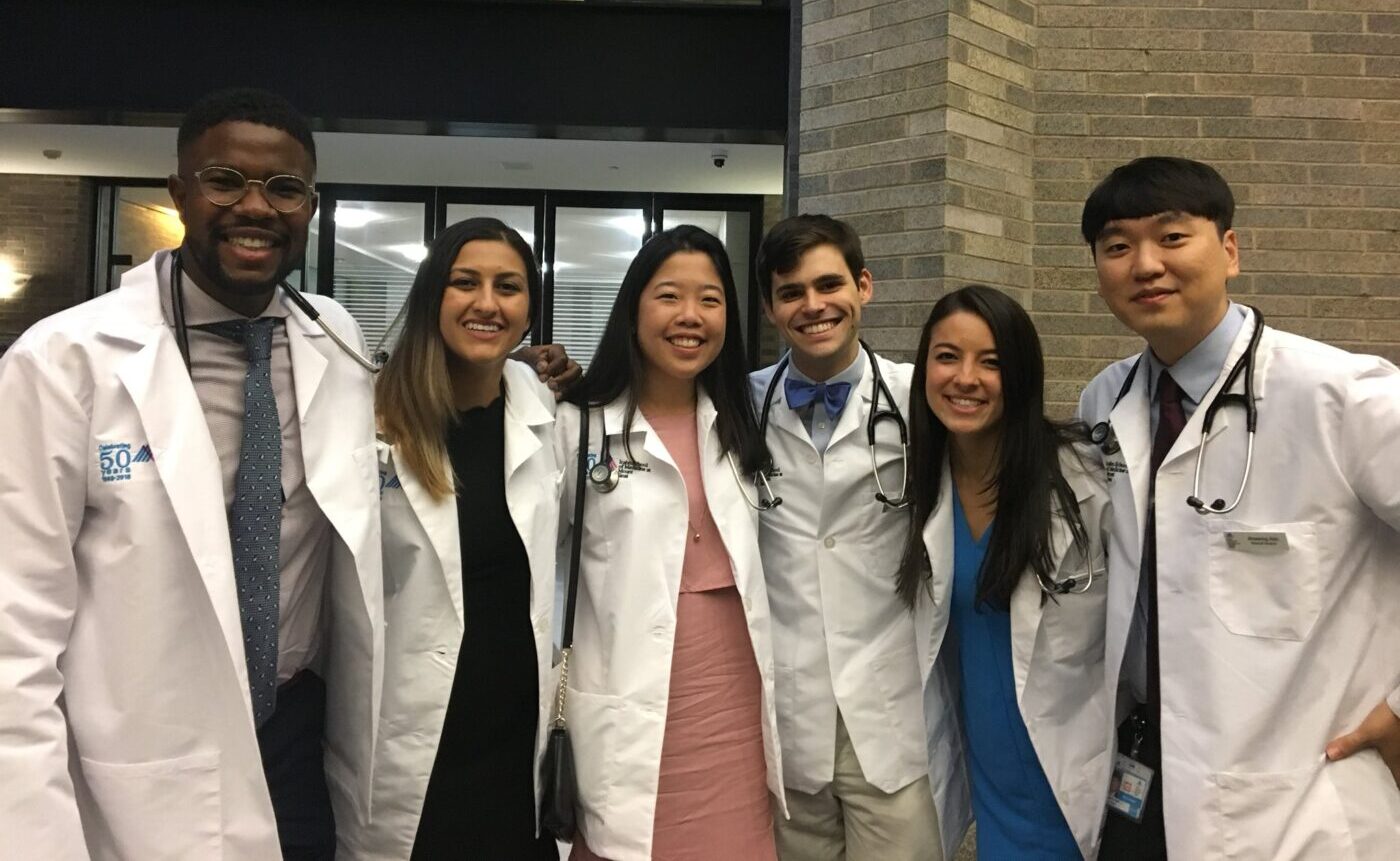
Mount Sinai School of Medicine Secondary Application: Essay Prompts, Sample Answers, and Advice
Completing a school’s secondary application is a critical part of applying to a medical school. The secondary application gives you the opportunity to express your motivations, character, and ambitions. This is a chance for you to show and demonstrate what makes you unique and sets you apart from the other candidates. Here are a few tips for submitting a successful secondary application and essays to ISMMS:
- Pay Close Attention to the Essay, and Short Answer Prompts
- Use Concrete Evidence From Your Academic, Extracurricular, and Professional Experiences
- Do Not Repeat Answers From Your Amcas Application
- Proofread and Edit Your Answers
- Write in a Clear and Concise Manner
- Consider Utilizing Admission Consulting From IMA
The secondary application for ISMMS includes 4 essay prompts. 2 of the 4 prompts are required and 2 are optional.
Essay #1
If you are currently not a full-time student, please briefly describe the activities you are participating in this academic year. (100 words)
If you are currently a full-time student you will not need to answer this prompt. However, if you are not a full-time student, here is an example of an answer you can provide:
I am not currently a full-time student, but I do spend my downtime participating in a variety of activities that will help me further my medical education and career. This academic year I am participating in a pre-med shadowing study abroad program to gain further experience and I hope to obtain a part-time position (volunteer or otherwise) at Mount Sinai Hospital/ Mount Sinai Medical Center.
Essay #2
If there is an important aspect of your personal background or identity or a commitment to a particular community, not addressed elsewhere in the application, that you would like to share with the Committee, we invite you to do so here. Aspects might include, but are not limited to significant challenges in or circumstances associated with access to education, living with a disability, socioeconomic factors, immigration status, or identification with a culture, religion, race, ethnicity, sexual orientation or gender identity. Briefly explain how such factors have influenced your motivation for a career in medicine. Completing this section is optional. (150 words)
While this prompt is optional, we highly recommend completing it if you have a unique circumstance you would like to tell the admissions committee about.
Essay #3
What is the toughest feedback you ever received? How did you handle it and what did you learn from it? (250 words)
This prompt gives the committee the chance to get to know more about how you handle constructive feedback and provides insight into your personality.
Here is a sample answer you can give:
The toughest feedback I received was during my first year of college. I received constructive feedback from a professor regarding my commitment to their class and my less-than-ideal first-semester grade. Initially, I did not want to take their feedback as I felt their class was merely too difficult, having come from high school where the majority of coursework did not require substantial studying to grasp.
After realizing over the next few weeks that my grade was not improving, I took their feedback into consideration and began working harder to study for the class. In turn, I saw a dramatic improvement in my grade. From this, I learned to always consider feedback received and to put in my full effort in everything I do.
Essay #4
Describe a situation that you have thought to be unfair or unjust, whether towards yourself or towards others. How did you address the situation, if at all? (200 words)
You can discuss a variety of situations here and if possible should tie this essay’s answer to the school’s mission and value statement.
Here is a sample answer:
While completing my undergraduate degree, I worked a part-time position at a local retail store. I believed I was unfairly having my hours cut due to my restricted availability to work during class hours. I addressed this with the store’s manager and later, the store manager, myself, and the department manager had a meeting to resolve the issue. Luckily the issue was just a misunderstanding and was quickly resolved.
Medical School Admissions Consulting
At International Medical Aid, we make it a point to provide thorough and informative content to all students who are aspiring physicians. We understand that applying and getting into medical school is hard work, and above all else, we want you to succeed.
By far, the best way to boost your application is with the guidance and help of an admissions consultant. Regardless of if you need help writing your application essays, developing an application strategy, or navigating the application process, IMA is here to help.
If you are interested in learning more about medical school admissions consulting, please take a moment to schedule a free consultation with us.
Voluntary Healthcare Internships Abroad
The voluntary healthcare internships offered by IMA gives aspiring medical students an opportunity to shadow doctors, work in clinic environments, and gain valuable knowledge and experience in the medical field. The internships are intense and patient-facing. Aspiring medical students can gain real-life clinical and hospital experience through the pre-med shadowing study abroad program, which will further prepare them for medical school.
These internships extend beyond helping you create a compelling and unique application for Icahn School of Medicine at Mount Sinai or a compelling application for future residency at Mount Sinai Hospital and Mount Sinai Medical Center. We seek to serve struggling populations around the globe through the pre-med shadowing study abroad program. Through this internship, you can develop your communication skills, shadow doctors, broaden your perspective, serve the medically underserved, and gain insight you will carry with you throughout your medical career.
Good Luck!
We want to wish you the best of luck as you begin the process of navigating the medical school application process. Remember to take your time and don’t hesitate to ask for help when and if you begin to feel overwhelmed by the application process.
At IMA, we know that applying for a medical school program is often an overwhelming and difficult process. For help curating your application, assistance with secondary application essays, and prepping for your upcoming semester, utilize IMA’s Admission Consulting Services.
If you are considering applying to other medical schools in New York or med schools in other states, we have ultimate guides for most med schools on our site. Don’t forget to check out our other ultimate school guides, especially if you’ve been asking yourself, “what are the best medical schools near me?”
- Renaissance School of Medicine at Stony Brook University
- Albert Einstein College of Medicine
- Ohio University Heritage College of Osteopathic Medicine
- Northeast Ohio Medical University (NEOMED)
- University of Cincinnati College of Medicine
- University of Toledo College of Medicine
- Wright State University Boonshoft School of Medicine
- Ohio State University College of Medicine
- Rowan University School of Osteopathic Medicine
- Hackensack Meridian School of Medicine (HMSOM)
- Rutgers New Jersey Medical School (NJMS)
- Rutgers Robert Wood Johnson Medical School
- Cooper Medical School of Rowan University (CMSRU)
- A.T. Still University Kirksville College of Osteopathic Medicine
- Saint Louis University School of Medicine
- University of Missouri Medical School
- Kansas City University (KCU)
- UMKC School of Medicine
- New York Medical College
- University of Pittsburgh School of Medicine
- University of Wisconsin Medical School
- VCU School of Medicine
- University of Maryland School of Medicine
- Case Western Medical School
- University of North Carolina Medical School
- University of Florida Medical School
- Emory University School of Medicine
- Boston University College of Medicine
- California University of Science and Medicine
- UC San Diego Medical School
- California Northstate University College of Medicine
- Touro University of California
- CHSU College of Osteopathic Medicine
- UC Davis School of Medicine
- Harvard Medical School
- UC Riverside School of Medicine
- USC Keck School of Medicine
- UT Southwestern Medical School
- Long School of Medicine at UT Health San Antonio
- University of the Incarnate Word School of Osteopathic Medicine
- UT Austin’s Dell Medical School
- UTMB School of Medicine
- McGovern Medical School at UT Health
- Johns Hopkins School of Medicine
- McGovern Medical School at UT Health
- The University of Texas Rio Grande Valley School of Medicine
- UNT Texas College of Osteopathic Medicine
- University of Houston College of Medicine
- Texas A&M College of Medicine
- Johns Hopkins Medical School
- Baylor College of Medicine
- George Washington University School of Medicine
- Vanderbilt University School of Medicine
- St. George’s University School of Medicine
- Lake Erie College of Osteopathic Medicine (in Pennsylvania)
- Sidney Kimmel Medical College at Thomas Jefferson University
- Wake Forest University School of Medicine
- Western University of Health Sciences (in California)
- Drexel University College of Medicine
- Stritch School of Medicine at Loyola University Chicago
- Georgetown University School of Medicine
- Yale School of Medicine
- Perelman School of Medicine
- UCLA Medical School
- NYU Medical School
- Washington University School of Medicine
- Brown Medical School


